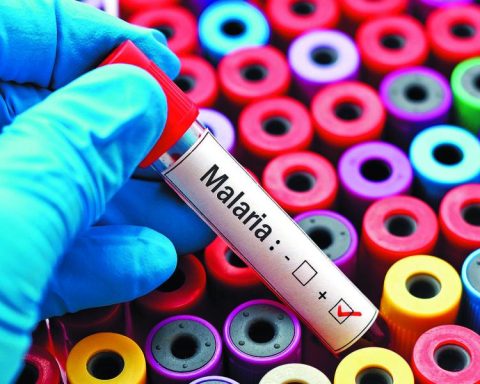App
Newspaper La Jornada
Saturday May 21, 2022, p. 8
Berlin. The Group of Seven (G-7), which brings together the world’s largest economies, announced plans to strengthen early epidemiological warning systems for the detection of infectious diseases with pandemic potential after the appearance of the coronavirus, more than two years ago.
German Health Minister Karl Lauterbach, hosting the meeting, said a World Health Organization office in Berlin would be used to collect and analyze the data more quickly.
Meanwhile, North Korea said yesterday that 10 percent of its 26 million inhabitants have fallen ill and 65 have died in its first outbreak of covid-19, but outside experts question the validity of the death toll and are concerned about a possible crisis. humanitarian.
Admitting to an omicron outbreak last week, after more than two years claiming to be free of coronavirus, North Korea explained that an unidentified fever has spread explosively across the country since late April. Authorities have published the official number of people suffering from the fever in state media, but it does not mention the cases of covid-19.
Observers point out that the country could have been forced to acknowledge the outbreak by not being able to hide the spread of the highly contagious virus and suffering from its possible discontent with its leader, Kim Jong-un. They believe that the authorities are underreporting deaths to try to show that their response is effective, although they lack diagnostic tests to confirm a large number of cases.
The Johns Hopkins University yesterday calculated 526 million 557 thousand 541 the number of confirmed infections since the pandemic, and the dead at 6 million 287 thousand 278.














